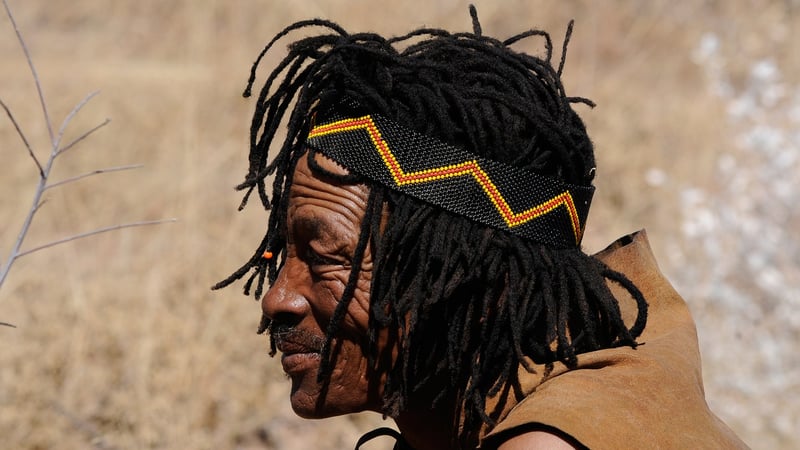Respecting Indigenous Cultures
The Moral Imperative of Respecting Indigenous Cultures
Indigenous cultures are rich tapestries of history, tradition, and knowledge that have endured for generations. They provide a unique perspective on the world, deeply rooted in a profound connection to the land, nature, and community. However, these cultures face numerous challenges, including cultural appropriation, exploitation, and disrespect. As global citizens, it is our moral imperative to respect and honor Indigenous cultures.
Understanding Cultural Appropriation
Cultural appropriation occurs when elements of a marginalized culture are adopted by members of a dominant culture without proper understanding, acknowledgment, or respect for the significance behind those elements. This often leads to the commodification of sacred symbols, rituals, or practices, stripping them of their cultural context and reducing them to mere fashion trends or marketing gimmicks.
The Impact of Exploitation
Indigenous cultures have been historically exploited for their knowledge, resources, and labor. This exploitation has led to the marginalization and disenfranchisement of Indigenous communities, perpetuating cycles of poverty and cultural erasure. It is crucial to recognize and rectify these injustices by supporting Indigenous rights, sovereignty, and self-determination.
Respecting Indigenous Knowledge
Indigenous cultures possess a wealth of traditional knowledge about sustainable living, biodiversity, and holistic healing practices. By respecting and preserving this knowledge, we can learn valuable lessons about living in harmony with the environment and fostering community resilience. It is essential to engage with Indigenous communities as partners and allies, rather than as passive recipients of charity or aid.
Our Responsibility as Global Citizens
As global citizens, we have a responsibility to challenge stereotypes, confront biases, and amplify Indigenous voices and perspectives. By advocating for Indigenous rights, supporting Indigenous-led initiatives, and educating ourselves and others about the importance of respecting Indigenous cultures, we can contribute to a more just and inclusive world for all.
Conclusion
Respecting Indigenous cultures is not just a moral imperative; it is a fundamental aspect of building a more equitable and sustainable future for all. By valuing diversity, promoting cultural exchange, and upholding the rights and dignity of Indigenous peoples, we can create a world where every culture is celebrated and every voice is heard.
Let us commit to honoring and respecting Indigenous cultures, not just today, but every day, as we strive to create a more harmonious and interconnected world.

For more information on respecting Indigenous cultures, visit UN Indigenous Peoples.
